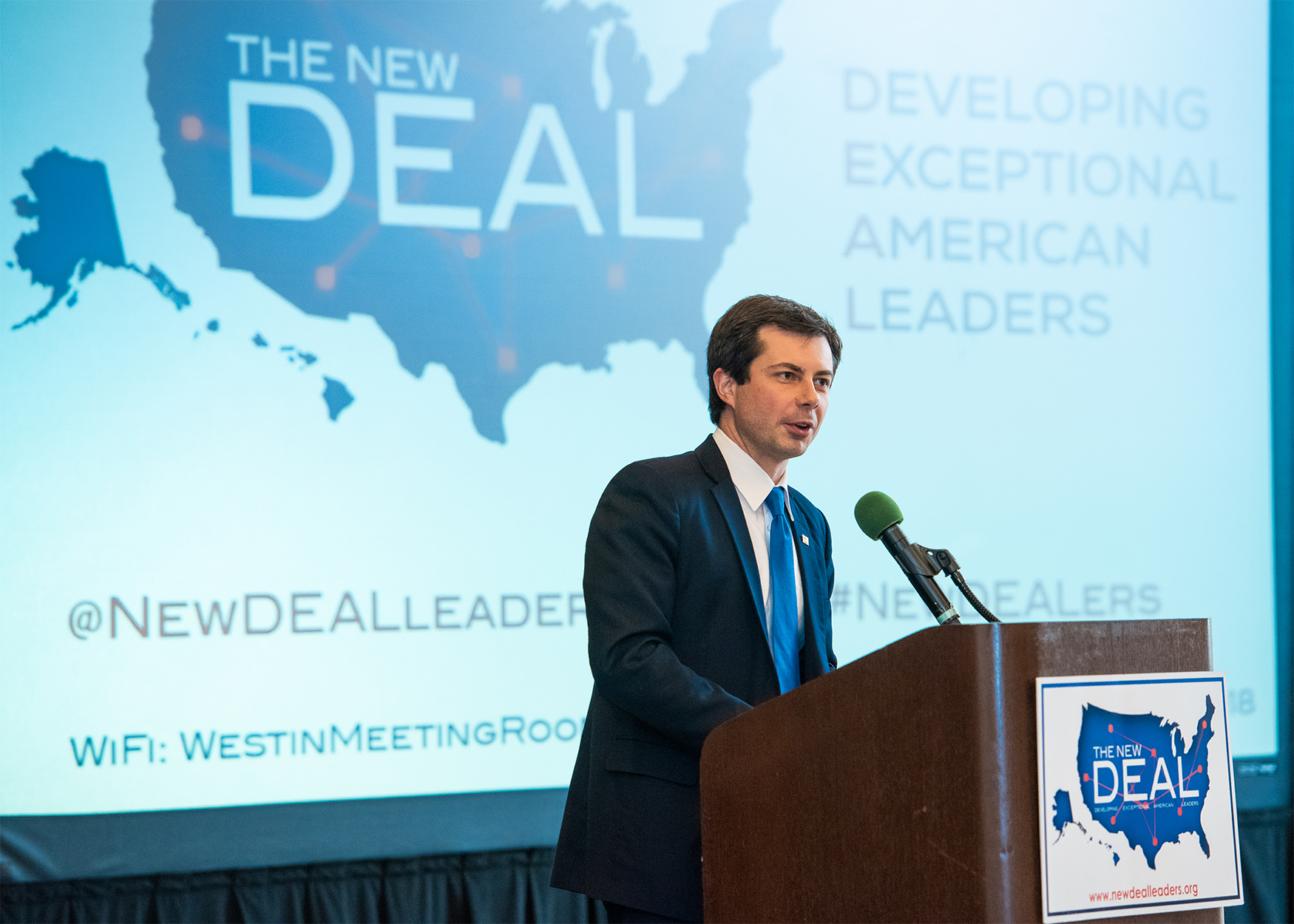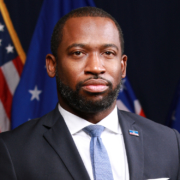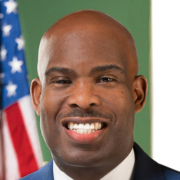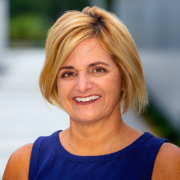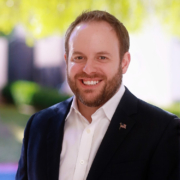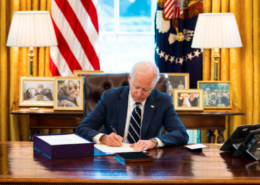Guaranteed Income Pilot for Single Parent Families
Problem:
American families are struggling to afford the basic necessities. The latest census data found over 11% of the population is at or below the federal poverty line. Advocates argue that the census data does not capture the whole picture and that over 40% of US workers hold low-wage jobs (often multiple) and struggle to afford their monthly expenses. In Shreveport, Mayor Adrian Perkins says an estimated 25 percent of his constituents live in poverty. The existing social social safety net programs can include eligibility requirements that can be prohibitive for some individuals and families to access.
Solution:
Mayor Perkins joined Mayors for Guaranteed Income, an coalition of mayors piloting programs to determine the impact of having a income floor. The mission is to supplement families on top of existing social safety net programs. Additionally the group is hoping UBI can serve as a tool to promote greater racial and gender equity.The Shiverport UBI program will select 110 families for its inaugural year, targeting single parents and guardians and providing an unconditional stiped of $660 a month. A guaranteed income would empower recipients to address their most urgent day-to-day needs and unpredictable expenses,” said Mayor Adrian Perkins. Mayor Perkins acknowledges the need in the city is greater than the scope of the project but hopes to demonstrate the positive impact of a UBI program and use the results to lead to more and larger programs. The City of Shreveport received $500,000 for the program from Mayors for a Guaranteed and worked with community organizations to design and implement the program.

